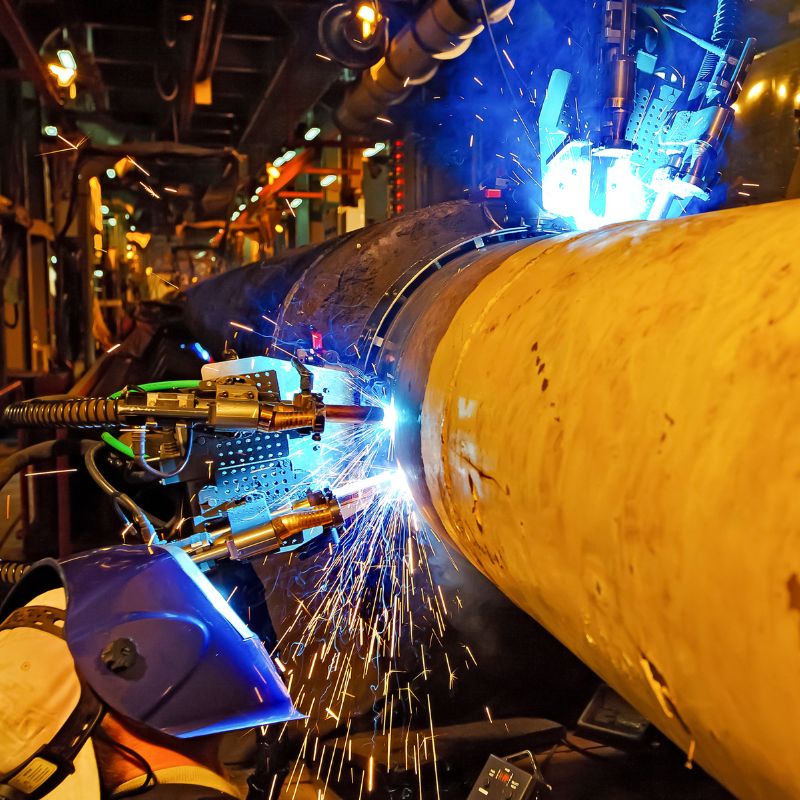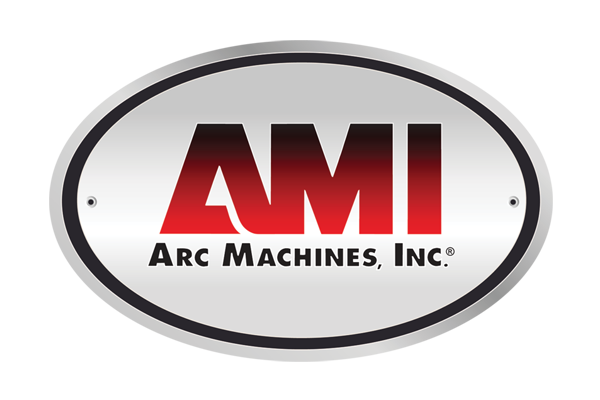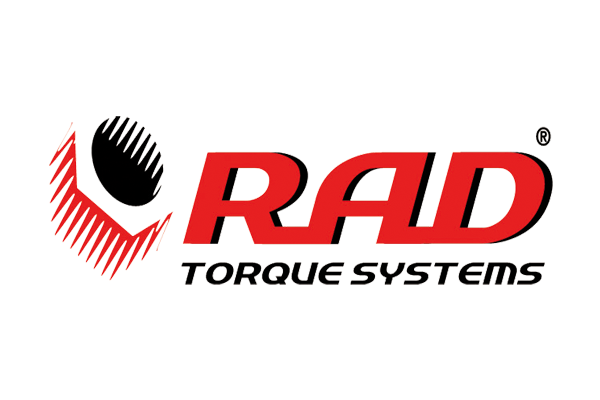Welding Automation in the Era of Industry 4.0
Welding automation has existed for decades, but with the advent of Industry 4.0, it has taken on new meaning and importance. Industry 4.0 refers to integrating advanced technologies like robotics, artificial intelligence, and the Internet of Things (IoT) into manufacturing processes in order to improve productivity and quality.
Welding automation uses robots and other automated systems to perform welding tasks, and it’s a perfect example of this trend. Let’s explore the benefits of welding automation in the era of Industry 4.0, highlighting how it has revolutionized the welding industry and contributed to the growth of the manufacturing industry.
Improved Quality and Consistency
The primary benefits of welding automation are improved quality and consistency. Automated welding systems can perform tasks with greater precision than human welders, resulting in high-quality welds and few defects. This precision is especially important in aerospace, automotive, and shipbuilding industries, where safety and reliability are paramount. Welding automation can also ensure consistency in weld quality and reduce variability between batches, improving product performance and reducing scrap.
Increased Efficiency and Productivity
Manufacturers always look for ways to improve efficiency and productivity, and welding automation is an effective solution. Automated welding systems can work around the clock without taking breaks, resulting in higher throughput and more efficient use of resources. An automated system can also perform multiple welds simultaneously, improving cycle time and reducing bottlenecks in manufacturing. This increased productivity can help companies lower costs, decrease turnaround times, and increase competitiveness in their respective industries.
Improved Safety
Welding is a high-risk activity that exposes workers to hazardous fumes, radiation, and burn risks. Welding automation can improve safety by eliminating the need for human welders to perform tasks in hazardous environments. Automated systems can perform welding tasks in enclosed booths or behind protective barriers, reducing the risk of accidents and injuries. Furthermore, automated welding systems can perform tasks in environments with extreme temperatures or limited access, where it may be difficult or impossible for human welders to work safely.
Reduced Labor Costs
Welding is a labor-intensive task that requires specialized skills and training. Automation can reduce labor costs by reducing the number of human welders needed on-site and allowing them to focus on more skilled tasks that require human input. Automated welding can also reduce the need for overtime and the risk of injuries, resulting in lower workers’ compensation costs.
Welding automation is an essential technology that has contributed to the success of the manufacturing industry. The importance of welding automation has become even more evident in the era of Industry 4.0 as manufacturers seek to improve efficiency, productivity, and quality.
SEC Industrial has you covered if you need an integrated pipe spool welding machine. We provide automated welding systems, pipe spool welding machines, and other robotic solutions to meet the needs of our customers. Contact us today to learn how we can help you take your manufacturing operations to the next level with automated welding systems.









